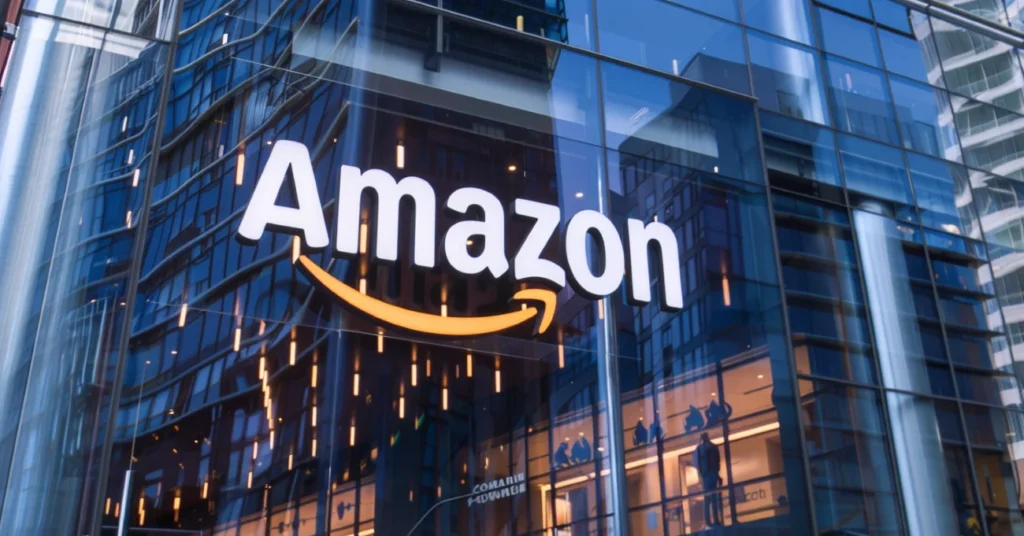
What propelled Amazon to the forefront of global commerce? Sure, it made online shopping a breeze and boasted an extensive inventory. But at its core, Amazon’s dominance can be attributed to its low prices and enticing discounts. Events like Prime Day and the upcoming Prime Big Deal Days illustrate this strategy perfectly.
However, the e-commerce giant is currently facing significant scrutiny regarding its pricing policies. A class action lawsuit alleges that Amazon engages in misleading practices by advertising “fake discounts” to lure customers into making purchases.
The lawsuit, Ramirez v. Amazon, was filed by lead plaintiff David Ramirez in the Western District Court of Washington. It accuses Amazon of using phony list prices that do not reflect legitimate comparative values for the advertised discounts.
Deceptive Practices Under Fire
The claim outlines that Amazon’s list prices may not be more than 90 days old, yet the company allegedly utilizes older prices to enhance the perceived value of current discounts. For instance, the lawsuit points to Fire TV models, produced by Amazon, which were marketed at a discount. The comparative prices cited were from 2023, obscuring the fact that these devices may have been cheaper in the past, making the current offer less appealing.
Moreover, Amazon allegedly mischaracterized certain deals as limited-time offers, which, in reality, were not limited at all. According to the lawsuit, this tactic pressured potential buyers to act quickly.
Seeking Justice Against Deceptive Advertising
Ramirez asserts that discounts play a crucial role in consumer purchasing decisions, and companies should not engage in advertising “fake discounts.” He is thus seeking injunctive relief and hopes other affected consumers will join the lawsuit.
The court must now determine whether the case will proceed and if affected consumers may be entitled to compensation. If a clear link can be established between consumer purchases and these alleged deceptive practices, the ruling could favor the plaintiffs.
In the meantime, it’s wise to be cautious when shopping for deals on Amazon. Utilize price tracking tools like CamelCamelCamel and Keepa, which monitor price histories for millions of products, allowing you to verify whether a “deal” is truly a good one based on past prices.




